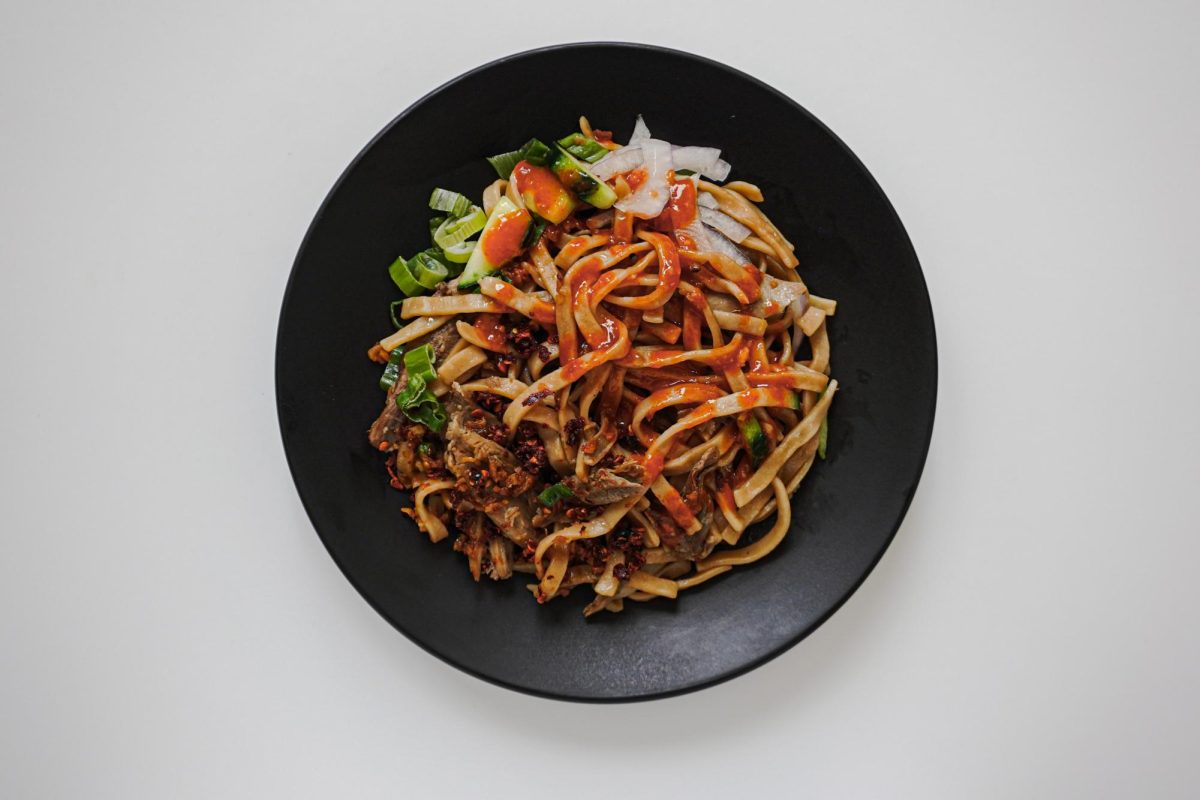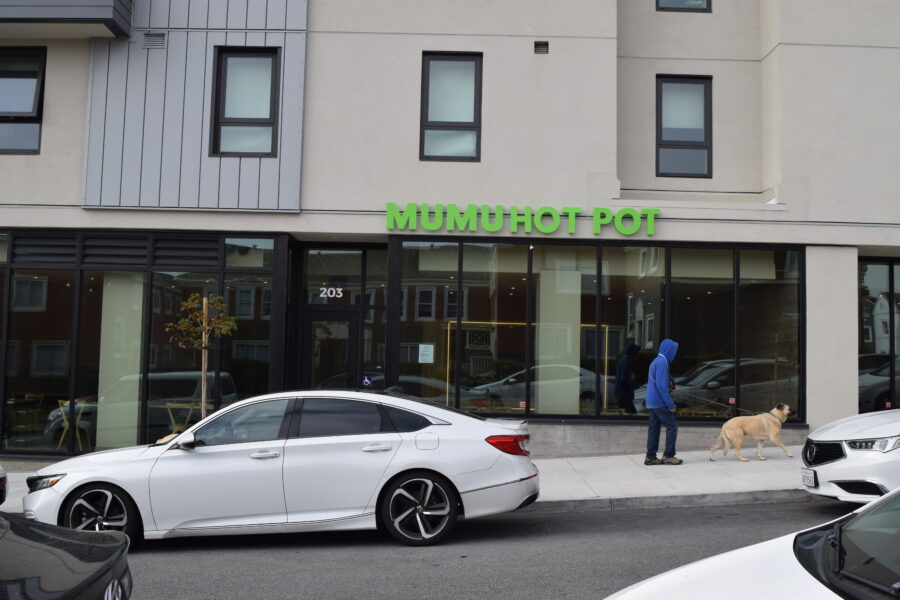From Burger King’s Impossible Whopper to almond and soy milk at Starbucks, veganism takes over the food scene.
At its core, veganism is a diet that doesn’t rely on the consumption of animals or their byproducts. The term vegan was coined by combining the first three and last two letters of the word “vegetarian.” The Vegan Society credits Donald Watson as the first modern-day vegan because on November 1944, he organized a meeting with five other people to discuss their non-dairy vegetarian lifestyle.
When first introduced, the diet was a way of not eating murdered animals. However, as time moved on and more companies kept pumping fossil fuels into the environment, veganism started to look as a way to save the planet. Or so we hoped.
Going vegan helps reduce the amount of animals consumed, but not much past that.
As climate changes, crops are becoming harder to plant and harvest. Because temperatures fluctuate, so does the soil these vegetables grow in. According to the European Environment Agency, soil specifics such as the PH, the last frost day and drainage all matter when it comes to farming.
With this information alone, not everyone can be vegan. According to The Vegetarian Resource Group’s poll done from March 2019, around 1-2% of the United States population self-identifies as a vegan but if everyone decided to drop their rib-eye steaks and McDonald’s McDoubles right now, we would risk overfarming.
I can hear vegans in the back shouting, “well it’s better than eating murdered animals!” Sure, but does anyone consider why everyone in the world isn’t vegan? And no, it isn’t because we can’t put down the bacon.
A vegan diet requires money. Not everyone in the world has the ability to drive, walk or Muni to their closest grocery store and pick up foods that are healthy and sustainably sourced.
Food inequality is a real thing a lot of people go through.
Cheaper, more processed foods are found in areas where low income and minority communities live.
According to California Food Policy Advocates, “across California, 4.7 million adults and 2.0 million children live in low-income households affected by food insecurity.” In San Francisco alone 51% of adults in low-income households are faced with the problem of food insecurity.
Mix low income with a lack of grocery stores to get fresh vegan foods, what you are left with is people being physically unable to eat a vegan diet, even if they wanted to.
Veganism is often tied to sustainability but according to The New York Times, it takes 15 gallons of water to make 16 almonds, which are being used regularly in milk substitutes.
The 2019 California Almond report conducted by the United States Department of Agriculture (USDA) says that the forecasted almond production in 2019 is 2.20 billion — a 3.5% drop from last year’s almond crop.
California recently moved past a seven-year drought, and almonds do not have enough nutritional benefits for us to risk possibly going back. I’m not saying stop making almonds altogether — I’m not a monster — but finding other more sustainable non-dairy milk options seems necessary in order for veganism to live up to its environmentally-friendly name.
Water usage aside, the USDA Pesticide Data Program found the residue of nine pesticides on almonds. Five of which are toxic to honey bees.
Without honeybees, we would literally die. Bees provide crops pollen to grow and are estimated to contribute $20 billion to the value of U.S. crop production, according to the American Beekeeping Federation.
Unless you are physically growing everything yourself, there will always be issues. Problems like overuse of water, pesticides, lack of money, overfarming and even working conditions of farmworkers will always be surrounding the food you eat whether it’s meat or vegetables.
No diet is sustainable, especially not veganism. Stop looking at diets as a way to save the planet. They will never be able to.






